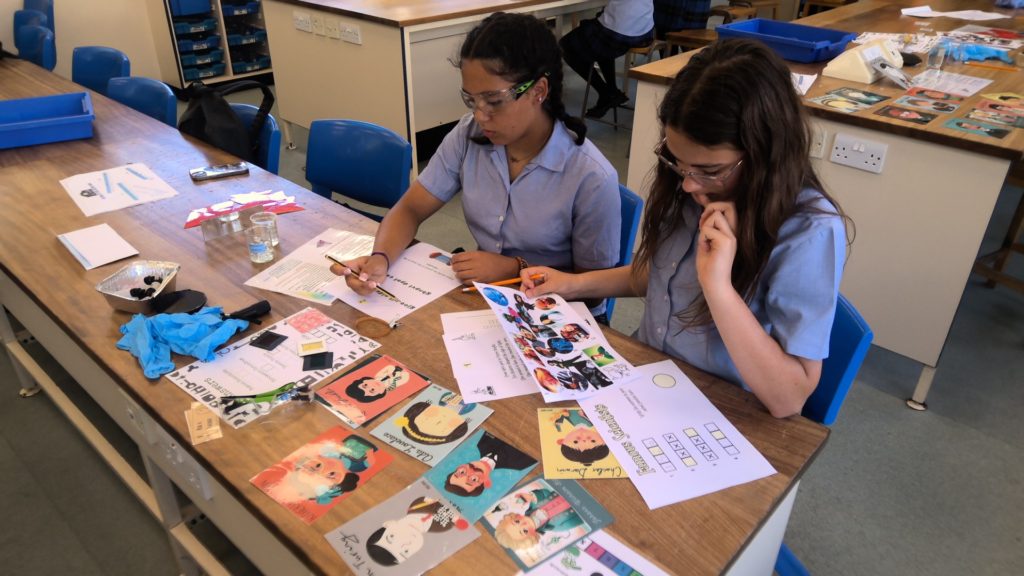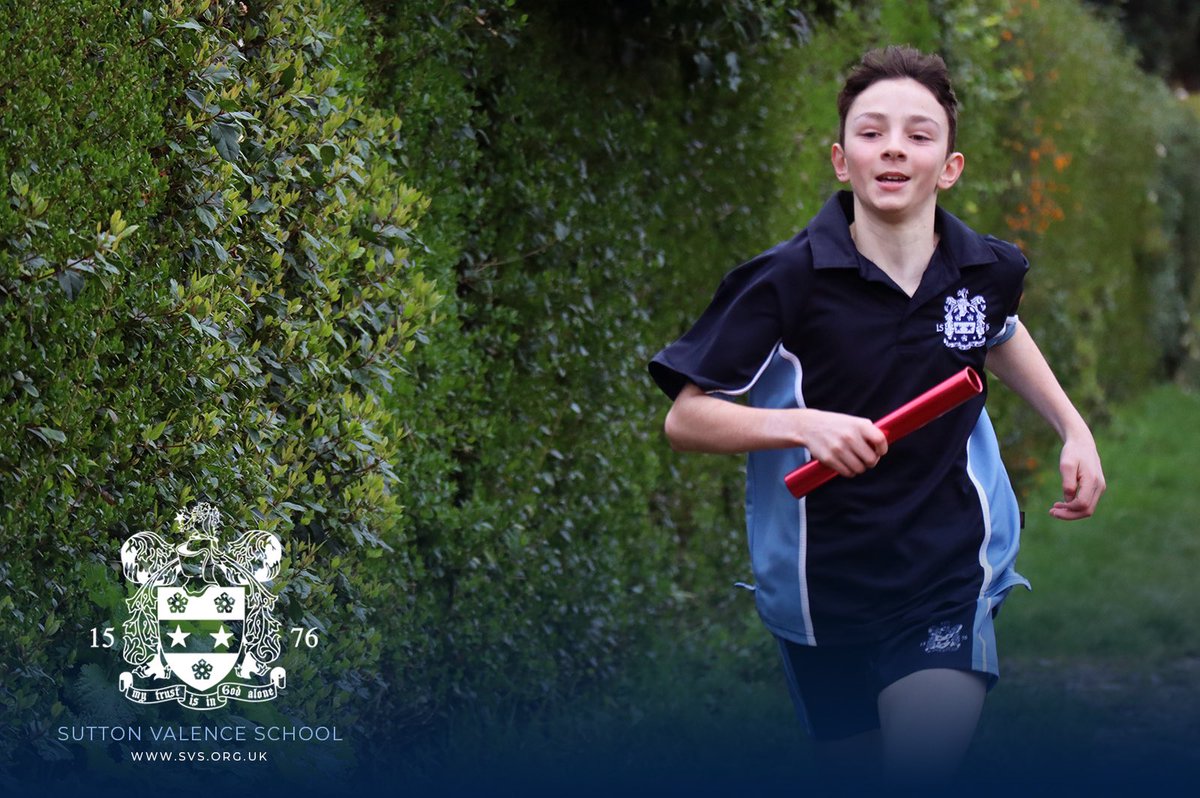
The Curious Case of the Classroom Conundrum
By Dr John H Watson, faithfully recounting the observations of Mr Sherlock Holmes
It was upon a brisk July morning that Holmes and I found ourselves summoned not to the fog-laden streets of London, but to a rather more curious locale—a physics classroom in a modest schoolhouse nestled in the heart of Kent. The matter, as presented by the excitable Physics department, was one of intellectual intrigue rather than criminal mischief.
The scene that greeted us was one of delightful chaos. A group of students, their brows furrowed in concentration, were engaged in what Holmes termed “a most stimulating cerebral pursuit.” Before them lay a locked box – its contents rumoured to be of the sugary variety – and a series of clues scattered about the room like breadcrumbs for the deductively inclined.
Holmes, ever the observer, took immediate interest. “Watson,” he murmured, “note the ultraviolet torch in the young lady’s hand. She is illuminating a cluster of small fluorescent beads. A hidden message, no doubt.”
Indeed, the students had been tasked with navigating an elaborate escape room, each clue a tribute to the great minds of science. Newton, Curie, Einstein—names that echoed through the chambers of academia – were woven into riddles and puzzles. One group deciphered a Caesar cipher, the ancient Roman code yielding its secrets to those with a keen eye for pattern. Another employed mirrors and Orbeez to bend light, revealing hidden inscriptions through the principles of reflection and refraction.
A particularly daring pair mixed chemicals with the precision of seasoned alchemists, their knowledge of the pH scale guiding them to a colour-changing solution that unveiled yet another clue. “A fine application of chemistry,” Holmes remarked, “though I daresay the cleaner may not be so enthused.”
The final challenge required the application of physics equations – force, energy, motion – all summoned to crack the numerical code that guarded the box. Holmes watched with a glint of admiration as a trio of students scribbled furiously, their ruminations culminating in a triumphant click.
The box opened.
A cheer erupted as the victors claimed their prize: a modest hoard of sweets, their efforts rewarded with sugar and glory. Yet Holmes, ever the philosopher, turned to me with a smile. “It is not the confections that matter, Watson, but the minds sharpened in pursuit of them. These young scholars have not merely escaped a room – they have unlocked the joy of discovery.”
And with that, we took our leave, the echoes of laughter and learning trailing behind us like the scent of chalk dust and curiosity.





